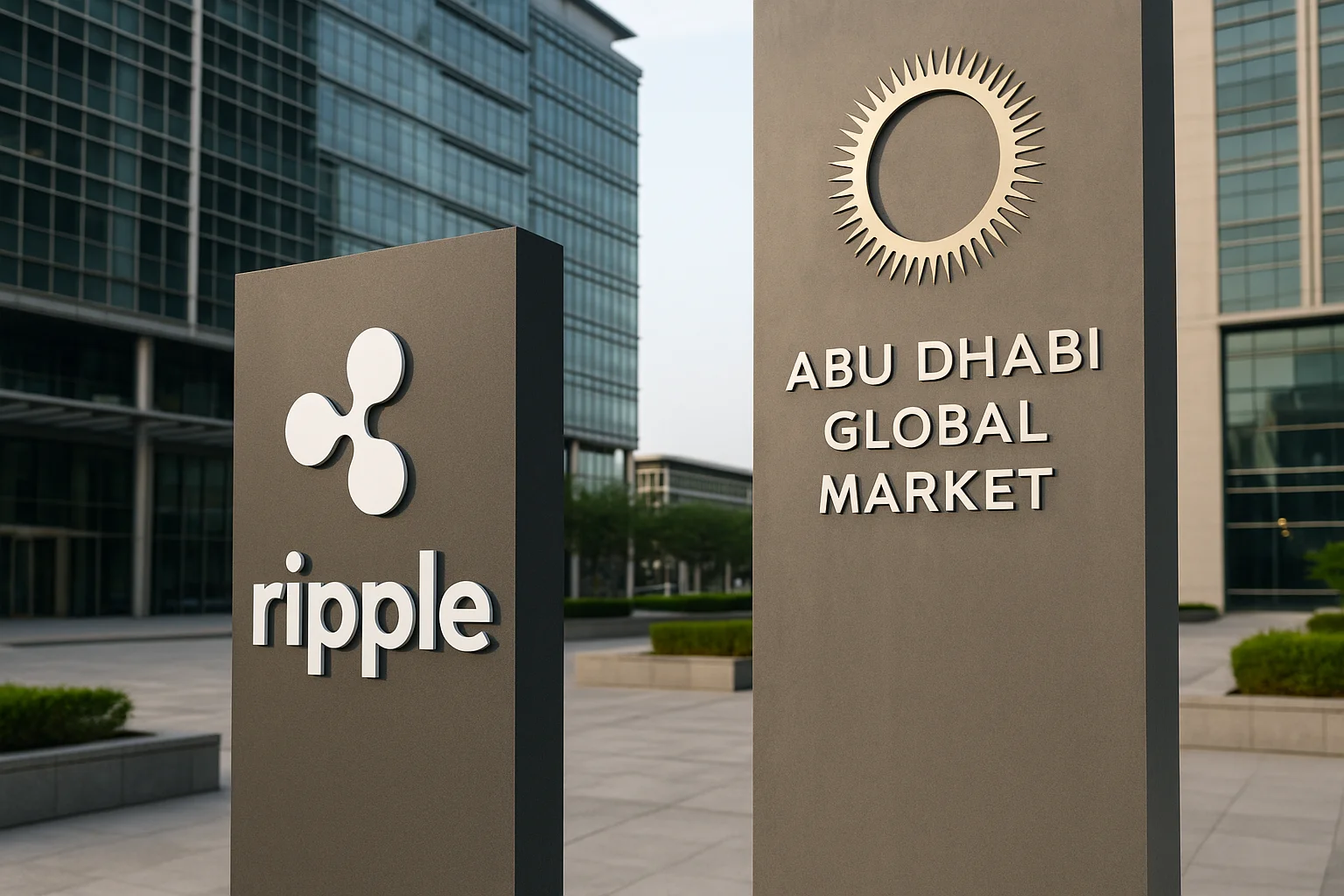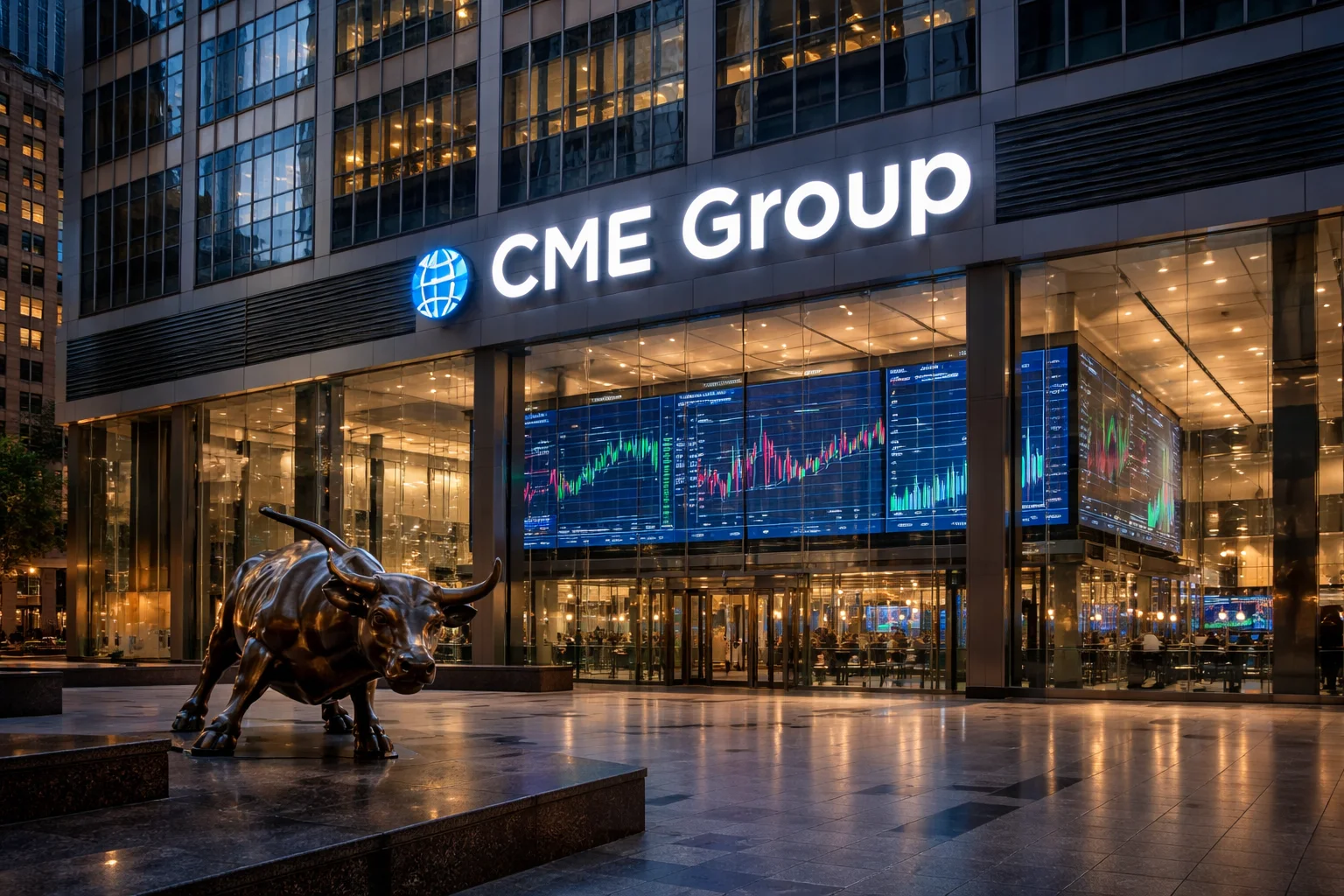Ripple's dollar-pegged stablecoin, RLUSD, has once again gained regulatory acceptance in the Middle East, expanding its institutional use in the region. Abu Dhabi Global Market (ADGM) has granted RLUSD "Accepted Fiat-Referenced Token" status, paving the way for institutions operating in the financial free zone to use the stablecoin in regulated transactions. This step is noteworthy as part of the United Arab Emirates' comprehensive oversight strategy for DeFi and Web3.
This authorization from the ADGM complements Ripple's regional initiatives over the past two years. The company received a full license from the Dubai International Financial Centre (DIFC) in March, and the DFSA authorized the use of RLUSD for regulated activities within the DIFC in June. This establishes Ripple as a stablecoin provider with regulatory standing in two major financial centers in the UAE.
Decision came from ADGM
The ADGM's decision regarding RLUSD was made by the Financial Services Regulatory Authority. The decision allows licensed financial institutions in the region to use RLUSD for payments, custody, treasury, and other permitted activities. However, projects must meet the reserve management, transparency, and reporting standards set by the ADGM for fiat-referenced tokens.

Ripple states that RLUSD has reached a market capitalization of over $1 billion approximately one year after its launch. The stablecoin is fully collateralized by cash and cash equivalents and issued under a limited-purpose trust charter with the New York Department of Financial Services (NYDFS). This makes RLUSD a secure option for both regional banks and payment institutions.
Ripple's growth in the Middle East is not limited to regulatory approvals. Since the end of 2024, the company has connected regional players such as Zand Bank and Mamo to its Ripple Payments infrastructure. The use of the stablecoin for early-stage collateral and payment flows is a key part of Ripple's strategy to position RLUSD at the core of the enterprise cross-payment system. A broader transformation is underway in the UAE. The country has begun to unify free zone regulations nationally. Federal Decree Law No. 6/2025, in effect since September 2025, has placed DeFi, Web3, and digital asset service providers directly under the Central Bank's licensing requirement. This law covers a wide range of areas, including lending, custody, exchange, payment, and investment services, and gives businesses until 2026 to comply.
In this environment, the approval of RLUSD by the ADGM paves the way for the integration of stablecoins into broader institutional structures across the UAE. The clarification of the legal framework in two key centers, the DIFC and ADGM, is expected to increase stablecoin adoption by institutional digital finance players in the region. The role of regulated stablecoins, in particular, is strengthening in international payments, cross-border transfers, and collateral transactions.




